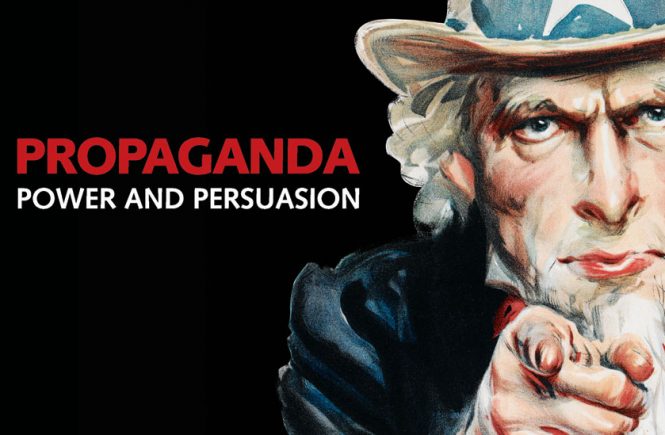John B. Watson, an animal experimentalist who argued that all human action is merely a conditioned response to external environmental stimuli, first popularized stimulus-response psychology. Watson’s theory became known as behaviorism in recognition of its narrow focus on isolated human behaviors. Behaviorists rejected psychology’s widely held assumption that higher mental processes (that is, conscious thought or reflection) ordinarily control human action. In contrast to such “mentalist” views, behaviorists argued that the only purpose served by consciousness was to rationalize behaviors after they are triggered by external stimuli. Behaviorists attempted to purge all mentalist terms from their theories and to deal strictly with observable variables—environmental stimuli on the one hand and behaviors on the other.
By studying the associations that existed between specific stimuli and specific behaviors, behaviorists hoped to discover previously unknown causes for action. One of the central notions in behaviorism was the idea of conditioning. Behaviorists argued that most human behavior is the result of conditioning by the external environment. We are conditioned to act in certain ways by positive and negative stimuli—we act to gain rewards or avoid punishments.
Early mass communication theorists, who saw the media as providing external stimuli that triggered immediate responses, frequently used behaviorist notions. For example, these ideas could be applied to the analysis of the Nazi propaganda films described earlier. The powerful, ugly images presented of Jews or the mentally ill were expected to trigger negative responses in their German audiences. Repeated exposure to these images would condition them to have a negative response whenever they see or think about Jews. These behaviorist notions were used by some theorists to develop what has come to be known as magic bullet theory, the idea that propaganda can be powerful enough to penetrate most people’s defenses and condition them to act in ways useful to the propagandist. As we shall see, most propaganda theorists rejected such ideas as too simplistic. There was more to propaganda than conditioning.
